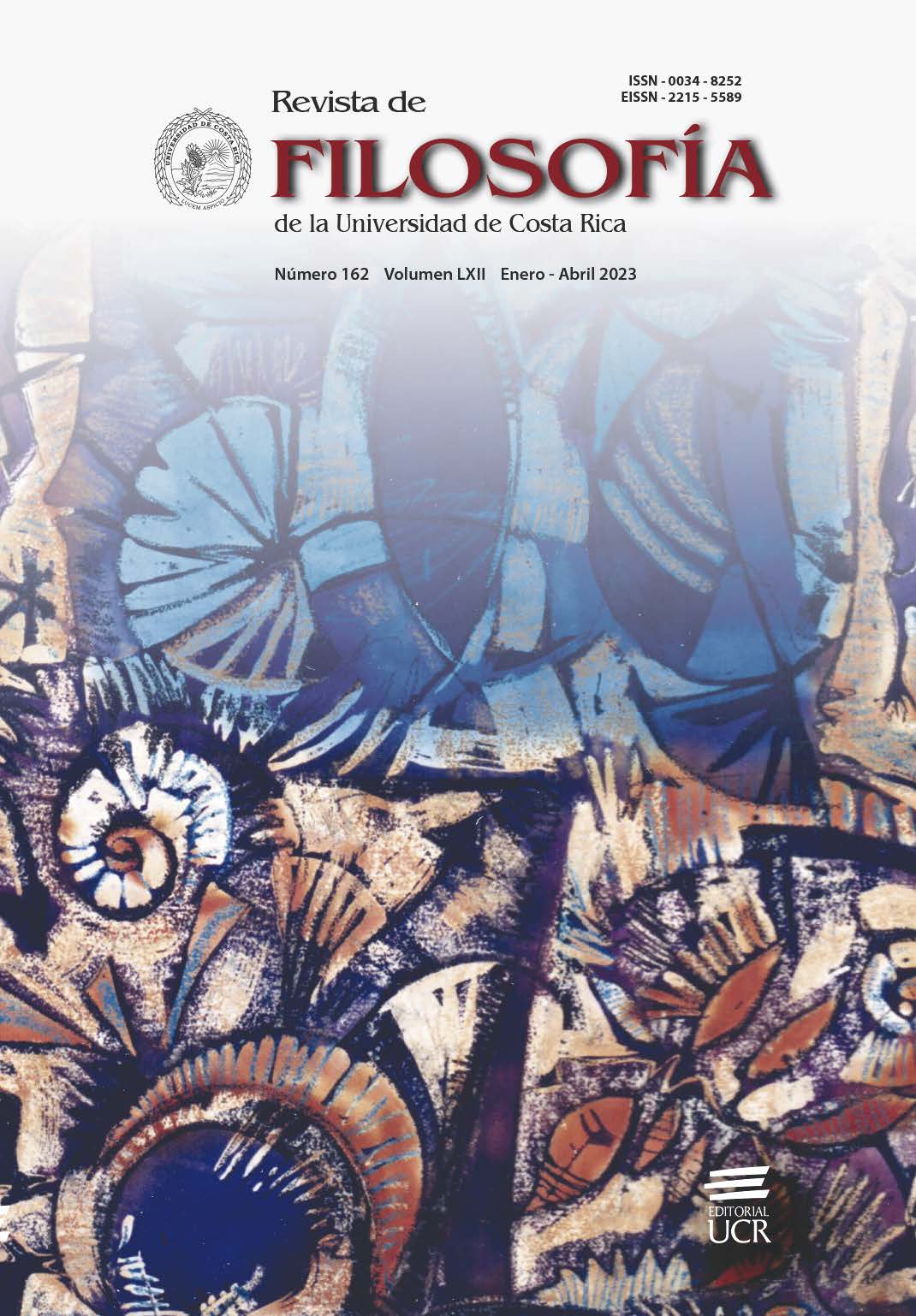Abstract
The article develops the fundamental distinction that Franz Hinkelammert establishes between means-end instrumental rationality and reproductive rationality of life, and why the former (without denying its theoretical and practical status) should be subordinated to the latter. Three types of judgments are distinguished: means-end judgments, lifedeath judgments, and value judgments. Only if we discard life-death judgments (which are judgments of fact), value judgments turn out to be alien to scientific discussion, since these
would be seen as simple judgments of taste. From the above, another fundamental distinction between functional ethics and ethics for life is raised. The latter is crucial for the study of the consequences of human action on the conditions of possibility of life.
##plugins.facebook.comentarios##

This work is licensed under a Creative Commons Attribution-NonCommercial-NoDerivatives 3.0 Unported License.
Copyright (c) 2022 Revista de Filosofía de la Universidad de Costa Rica

